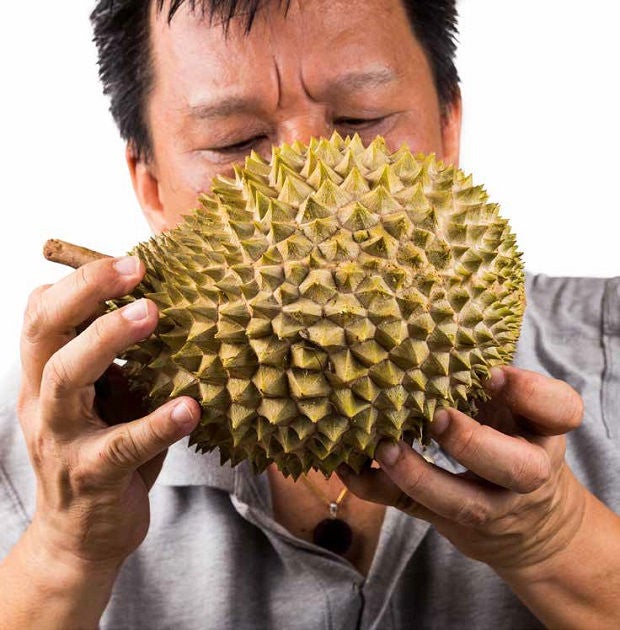
COVID-19 is not the only cause of anosmia, or an inability to smell. A sizeable number of people suffer from the disorder, which can also affect taste.
The COVID-19 outbreak highlighted an unusual symptom for about a third of patients — a loss of the sense of smell. But the disorder is neither new nor specific to COVID-19.
Between 3 and 20 per cent of people around the world are believed to suffer from the disorder, although it is not known how many in Singapore have the problem. The disorder, which can also affect taste, can be temporary or permanent, depending on the cause. Causes include viral infections, injuries of the smell and taste nerves, and medications.
“In general, viruses can affect the nerves controlling smell and taste, and cause these disturbances,” said Dr Neville Teo, Consultant, Department of Otorhinolaryngology – Head and Neck Surgery, Singapore General Hospital (SGH).
Preliminary data from SGH suggests that patients with COVID-19 infection have a higher chance of suffering from smell and taste disturbances than patients with other viral respiratory illnesses. However, the exact reason for this is still uncertain. Of the 870 SGH patients with COVID-19 symptoms seen between 26 March and 10 April 2020, 5 per cent had smell and taste dysfunction at admission. Of the 154 patients confirmed with the virus later, 23 per cent had the disorder.
Some COVID-19 patients have reportedly lost their sense of smell completely (known as anosmia) or partially (hyposmia), while others developed an altered sense of smell. In the latter, the person might smell something burning when nothing around is on fire. So far, the dysfunction among COVID-19 patients appears to be temporary for most, but longer-term data are necessary to confirm this, said Dr Teo.
In non-COVID-19 patients, anosmia appears to be more common among older people, Dr Teo added. No specific data exist for Singapore, but population studies for the US show that about half of those aged between 65 and 80 years have a reduced sense of smell, with the number increasing to three-quarters in those above the age of 80.
Older people tend to be more at risk because as people age, changes in mucus secretions and the lining of the nose occur. The size and number of smell receptors in the nose and brain also shrink with age, contributing to the greater possibility of the disorder occurring.
Viral infections, diseases affecting the nose and sinuses (such as allergic rhinitis or sinusitis), head injury, and nerve disorders (such as Parkinson’s disease) can also cause the disorder. In some cases, no cause is found, Dr Teo said.
The disorder can be reversed when the underlying cause, such as an infection, is treated. A complete recovery may take weeks or months. “For the loss of smell associated with an underlying disease in the nose and sinuses, treatment of the disease can help patients regain their sense of smell,” he added.
In cases of significant head injury, or where the smell nerve fibres were destroyed by tumours or surgery, the loss of smell is usually permanent. Medicines, ranging from antibiotics and antihypertensive medications to chemotherapy drugs, can also affect smell and taste. “If starting a new medication coincides with the onset of the smell disturbance, the drug may be the cause.”
Anosmia, in any form or severity, is not just an inconvenience. “The main serious complication associated with a loss of smell is that one is not able to detect noxious fumes in the environment. This may be a hazard at home if the gas stove is left on unknowingly. For patients with a complete loss of smell, this is something to be cautious of,” said Dr Teo.
With a loss of smell and taste considered a COVID-19 symptom, Dr Teo advises anyone experiencing the disorder to seek treatment at polyclinics or private clinics, based on the latest guidelines available on sgcovidcheck.gov.sg.













 Get it on Google Play
Get it on Google Play